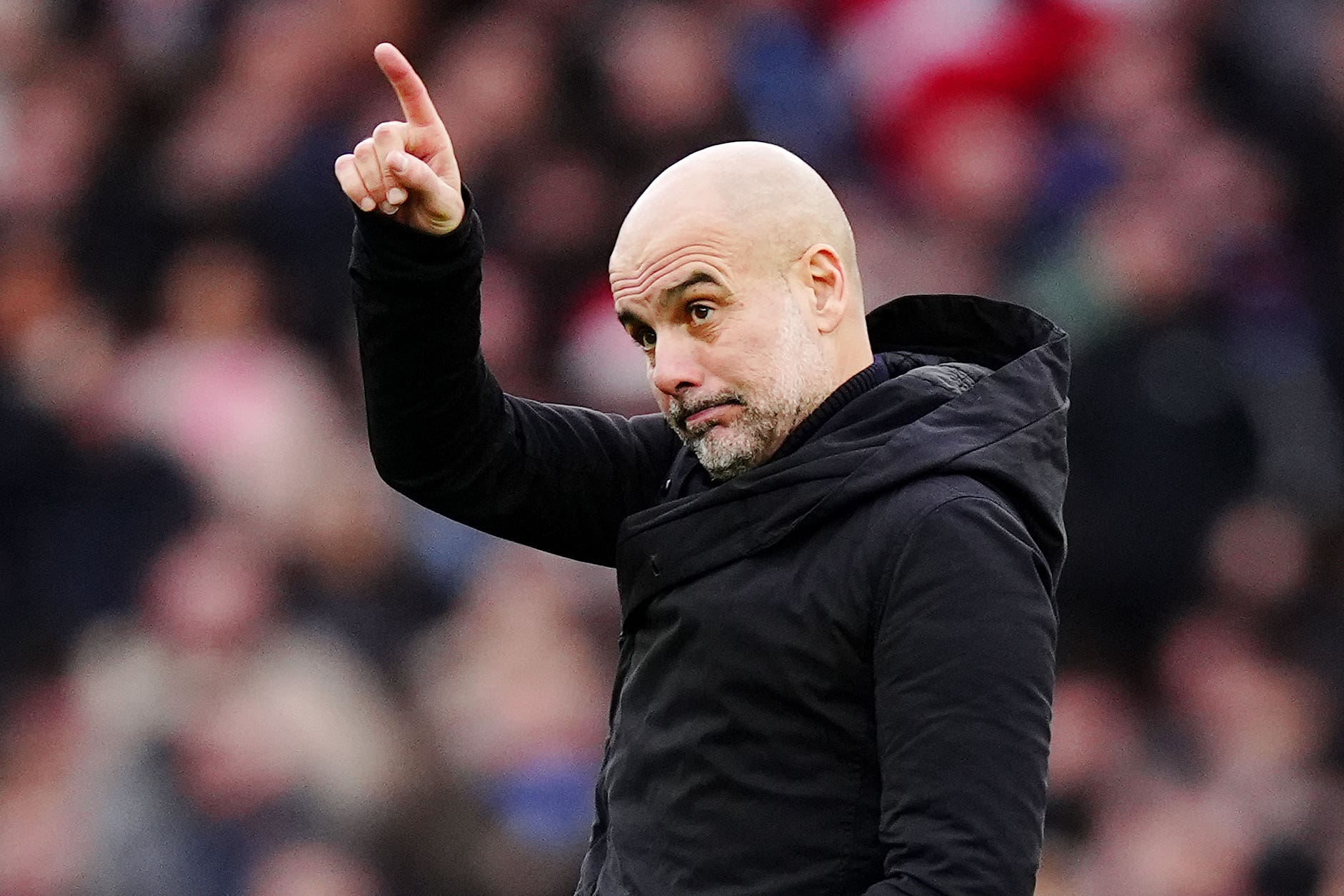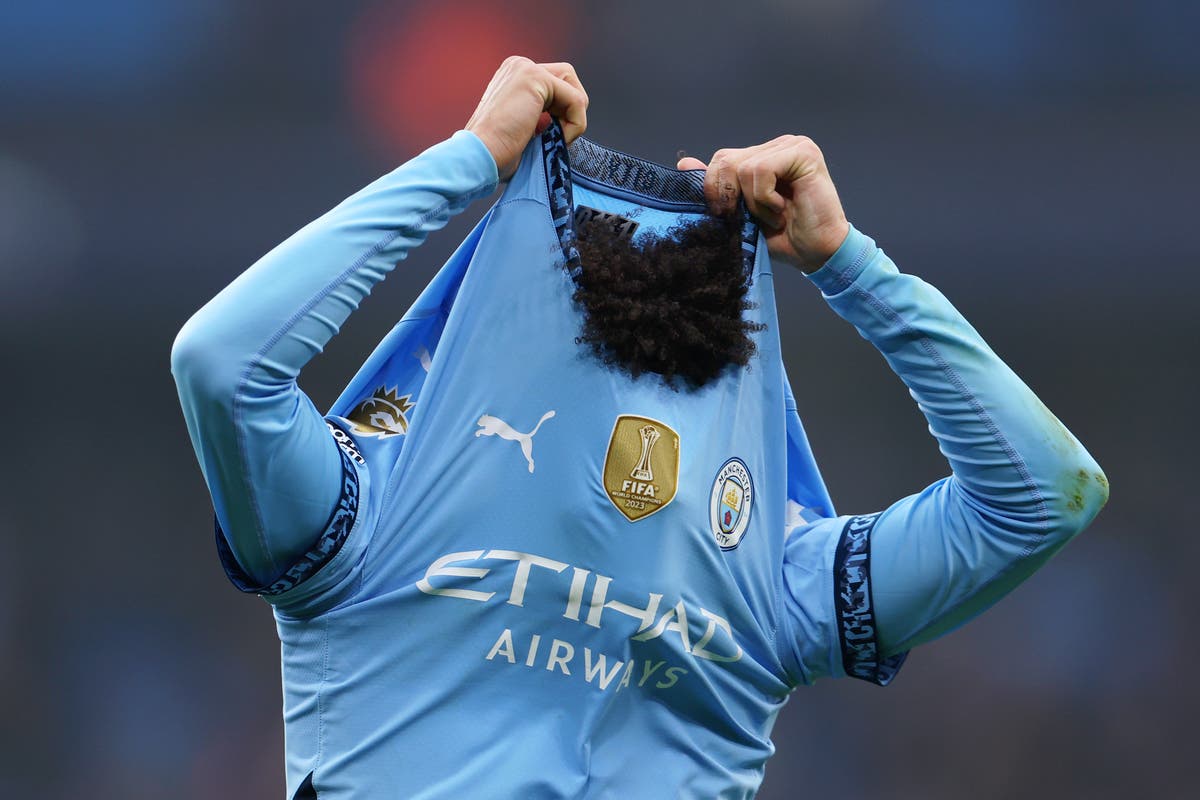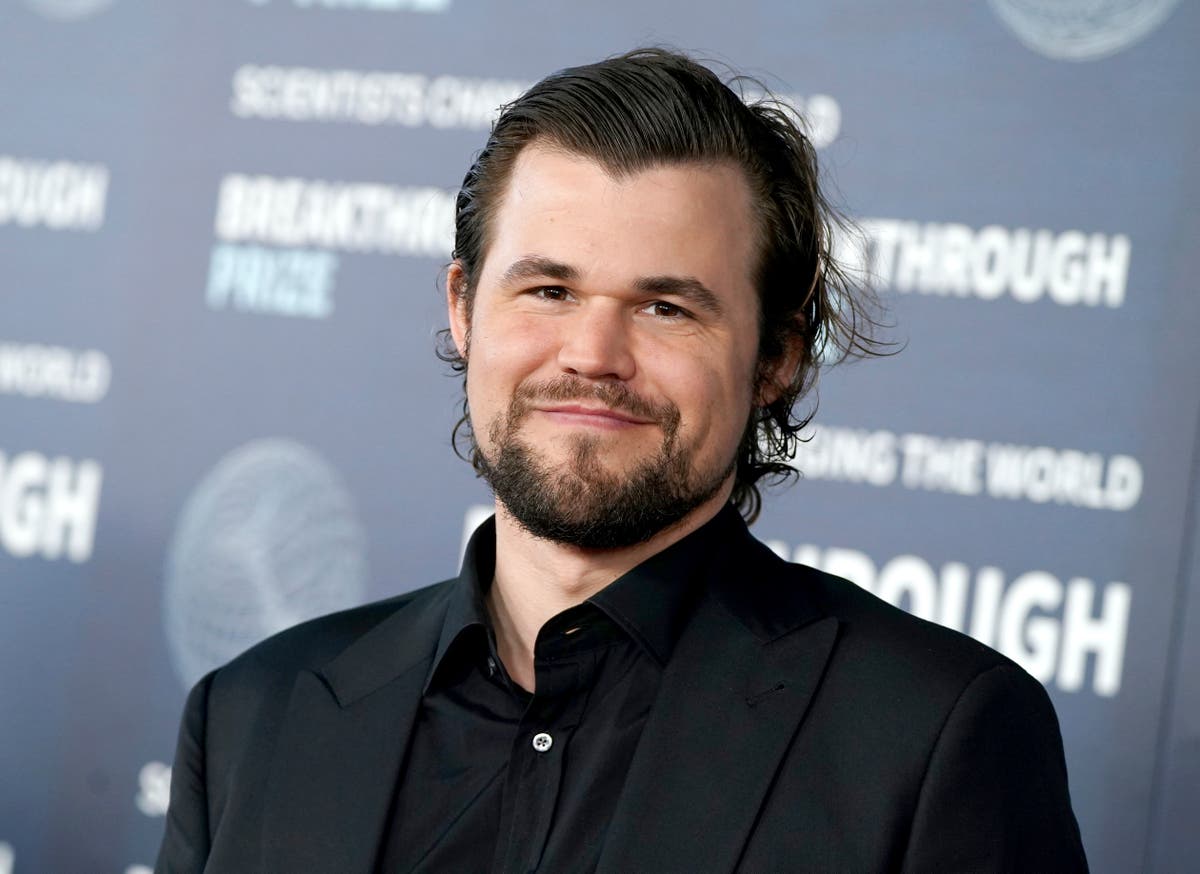As football enters the year of Uefa’s 70th anniversary, amid so many concerns, it is probably worth celebrating one great virtue. The game has been a unified pyramid for the majority of its history, and certainly since the European body’s founding. This is a virtue that speaks to football’s joyous universality. It has never endured the splits of boxing or cricket, or even had to withstand sustained threats of similar. Until now.
The great fear is whether 2025 will be the year when the game starts to come apart. There are already many forces assailing it, which is why it’s even more of a problem the sport is bursting at the seams from a packed calendar.
It’s the worst possible time for stress on the system… like a legal case that is widely seen as an existential threat to the sport as we know it. The outcome of the Manchester City hearing is going to change the face of the planet’s most powerful football competition, and consequently global football.
An initial judgment is expected as early as February, although it is anticipated that will lead to an appeal from either side, which could even take this into 2026. The silence around the hearing makes it even more futile to try and “predict” any judgment, but there are three issues that informed individuals feel the potential outcome might hinge on, the Independent has learned. One is the alleged breaches for non-compliance, given that a members’ club like the Premier League requires aid with any investigation. That could lead to a big punishment in itself, given what lawyers could argue it represents. Others point to the leaks about a second contract to Roberto Mancini, as well as details around a figure described as a broker, named “Jaber Mohamed”. On the club’s own admission in the initial Uefa hearing, Abu Dhabi United Group “caused” for £30m to be paid by Mohamed on behalf of main sponsor Etisalat over 2012 and 2013. The telecom company didn’t actually pay for anything until 2015.
These are issues that will warrant explanation, especially given the case is ultimately about whether financial information was accurately disclosed. City insist on their innocence. Either they will have proved that and the Premier League will have spent millions on a case that could just create other huge issues, or the competition’s recent history will be altered, with its champions severely punished.

The City hearing isn’t the only legal case weighing over football, either. The 2023-24 period saw a number of other judgments, almost all of which criticised the governance of Fifa and Uefa, that have laid a legal bedrock for future challenges. The wonder is whether any party with sufficient means decides to properly test that, and bring real fissures in the game. The City hearing may also prove a catalyst in that sense. It could be open season. The European Union case filed by the leagues and players against Fifa could involve thousands of documents and correspondences coming into the open, too. There may even be upheaval in the transfer market from the Lassana Diarra judgment, as Fifa assesses the suggestions from its “global dialogue”.
The cracks in the calendar are all the more important in that context, with everyone feeling the weight of the expanded European competition and the new Club World Cup. The latter has already forced the African Cup of Nations to be moved to the end of the year and its final into 2026, while the US-based tournament also goes up against the Women’s Euros in Switzerland.
Stakeholders will be less invested in preserving the sanctity of the pyramid if they don’t feel the pyramid is working for them, on even the most basic terms. Could this even be the year where someone follows through and takes legal action over a refereeing decision, destroying the sanctity of match results?

Such threats have been coming for a long time, given the financial disparity in the sport.
And yet the irony is that disparity may temporarily bring some badly needed surprises. That could be a theme of 2025. Even the wealthiest clubs are starting to physically struggle with how much football there is, bringing less consistency. Might that create sufficient opening for shock results by the season’s end?
It’s why so much depends on these competition expansions proving a success. We may have a first answer by the end of January, with Uefa needing the final night of the new Champions League opening stage to offer the chaotic excitement it has been engineered towards. The Club World Cup is much more of an unknown, especially with how it comes at the end of the most intense season football has ever seen. Will the big clubs be able to take it as seriously as Fifa require, even if they want to? Real Madrid will be desperate to echo their history in the European Cup and win the first.
Florentino Perez certainly wants victory in a competition others disparagingly describe as “the Gianni Infantino trophy”. His personal investment in it creates extra pressure surrounding a highly debated legacy as Fifa president.
It is the sort of idea that pushes the game to saturation point, where nothing feels like it matters as much and people start to switch off.
There are virtues to the tournament despite the criticisms about how Fifa has just unilaterally imposed it on the game, and the manner its prize money might worsen financial disparity. It lifts clubs outside Western Europe to the top level, at least spreading some money, amid potentially fascinating cultural clashes.

The game as it’s played on the pitch may even be entering a newly fascinating period, too. If the global dominance of Pep Guardiola’s football illustrates how resoundingly he won the last tactical “split”, against his old rival Jose Mourinho, it is now possible we are seeing the first great split in that hegemony. It may even run down similarly narratively rich lines. While any future coach will play with at least some of Guardiola’s principles, the difference will be how many. Coaches like Liverpool’s Arne Slot are Guardiola disciples. The man who could have been in his job, Xabi Alonso, and Manchester United manager Ruben Amorim are meanwhile introducing new systems with much more individualism.
This dynamic is likely to be at centre of a third successive major summer tournament, through the dominance of a revitalised Spanish ideology. After Euro 2024, and the 2023 Women’s World Cup, Sarina Wiegman’s England find themselves on the opposite side of the draw – as well as this tactical spectrum – to Spain.
The grand aim is to defend the Euros title. For Wiegman’s new counterpart Thomas Tuchel, the challenge is both simpler and more opaque. He just needs to get England into the 2026 World Cup, but do so in a way that suggests they can win it.
That is likely to be influenced by many of the year’s major issues, from the stresses on his stars to the sport’s tactical evolution. They will shape other themes, from Amorim’s restoration quest to Mikel Arteta’s trophy aims, Chelsea’s challenge and the potential of Slot’s Liverpool matching United’s 20 titles. That would be a piece of pure football history.
The pity is that it’s another year when the stakes feel higher than these feats that light up the pyramid.





